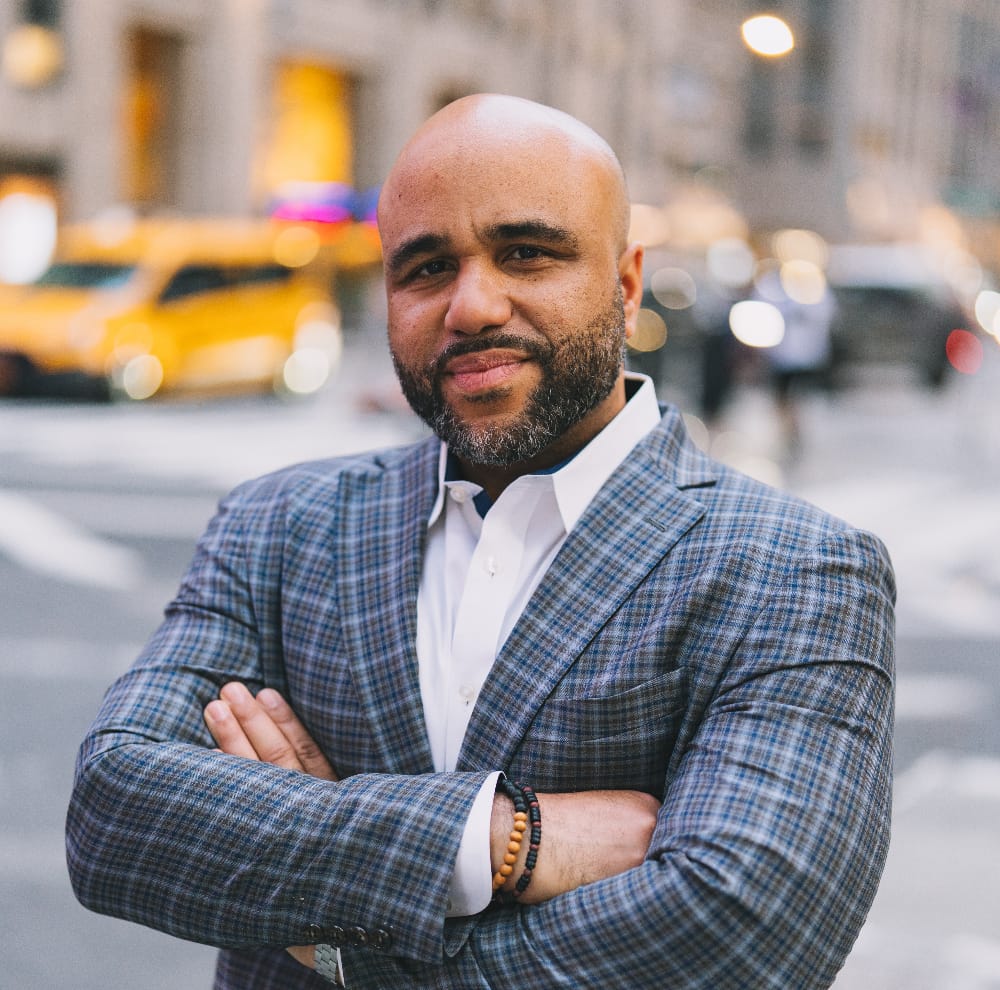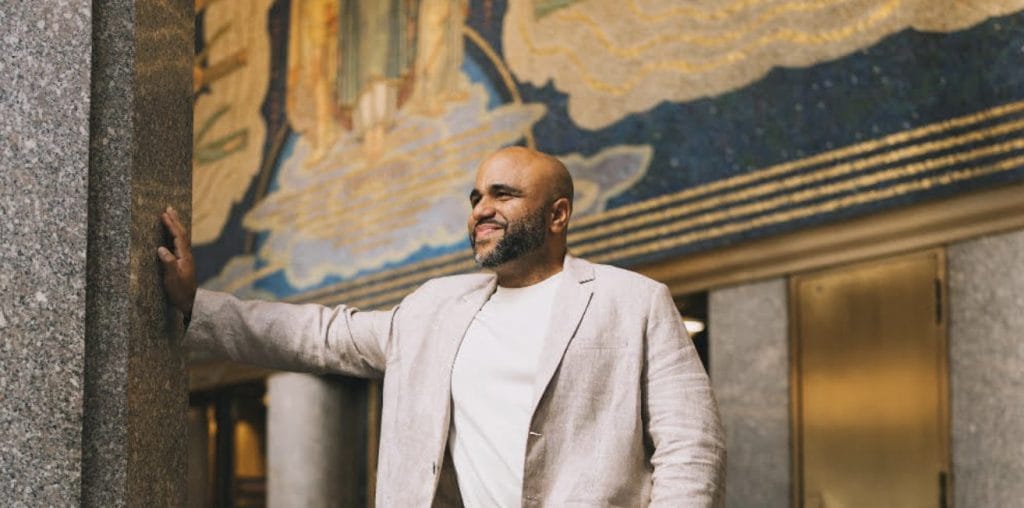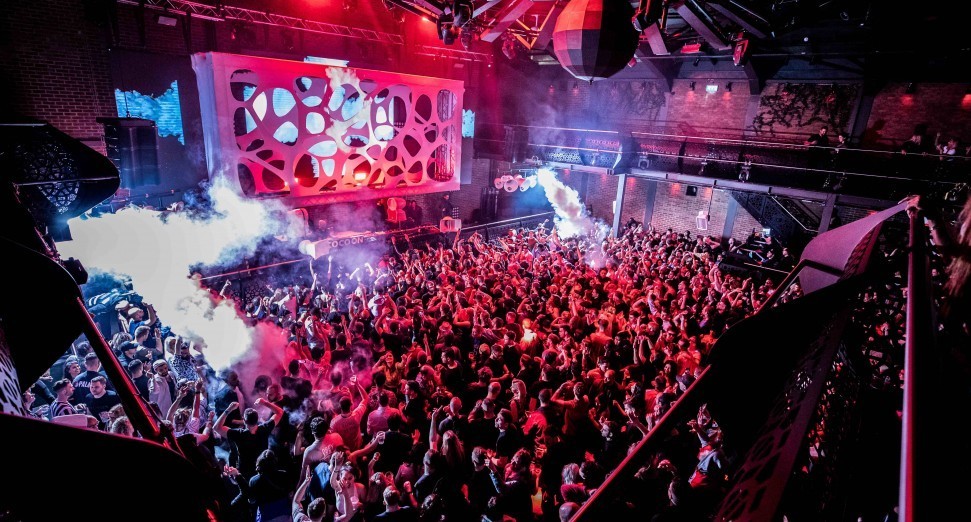
How DJs Get Visas for U.S. Tours — Insights from Immigration Attorney Pablo Velez
The global electronic dance music (EDM) scene is thriving with top DJs regularly performing at festivals and clubs across international borders. But behind every successful tour lies the ability to seamlessly travel from country to country without running afoul of immigration law. The U.S., with its thriving nightlife and major festivals like EDC Las Vegas and Ultra Miami, is a key market. Yet, navigating the visa process here is anything but simple.
We sat down with Pablo Velez, an experienced immigration attorney and partner at Velez & Cipriano, PLLC in New York City, to learn more about his background and why hiring the right legal team is essential for any international EDM artist seeking a visa to perform in the United States.
Q: Pablo, can you tell us about your background and how you came to focus on entertainment immigration law?
Absolutely.
Born and raised in Miami, my family is originally from Cuba, and I had early aspirations of joining the Foreign Service. I left for DC upon graduating high school and attended the George Washington University Elliott School of International Affairs, obtaining degrees in both International Affairs and Spanish Language and Literature. I then attended law school at the University of Detroit Mercy where I was exposed to all aspects of the immigration system, from asylum to investor visas, through a variety of class and law firm experience.
After moving to New York City in 2009, passing the NY and NJ bars, and starting to practice, my interest shifted from being a diplomat to helping folks enter the US.
Early in my career, I collaborated with entertainment attorneys representing an international clientele. This involved regularly engaging with booking agencies, venues, and artists. I quickly learned how uniquely complex artist visas can be—and how critical they are to international talent building their careers. Over the last 15 years, we’ve built a practice focusing on O-1 and P-1 visas for artists, particularly in the EDM space. Our clients range from major festival headliners to up-and-coming producers making their U.S. debut.
Q: For those unfamiliar, what exactly are the O-1 and P-1 visas?
The O-1B visa is for individuals with extraordinary ability in the arts. That includes DJs, producers, and music directors. You must demonstrate a record of distinction and sustained acclaim—things like press coverage, major performances, awards, and critical recognition.
The P-1B visa, on the other hand, is designed for members of internationally recognized entertainment groups. Think DJ duos or trios with a strong global reputation. The group must have been together for at least one year and be recognized internationally.
Both visas allow you to perform legally in the U.S., but the preparation, documentation, and framing of the application are crucial for an approval.
Q: Why should an EDM DJ hire an experienced immigration law firm rather than try to file on their own?
These cases are not just paperwork and filling out forms. They’re about presenting a compellingly clear narrative that proves artistic merit to an immigration officer who may have never heard of ADE or Boiler Room.
A law firm with experience in the EDM world understands how to translate achievements—like headlining a festival in Spain, charting on Beatport, making the Top 100 lists on DJ Mag, or racking up millions of Spotify streams—into the evidentiary categories required by USCIS. We know which types of evidence carry weight, how to present it, and what to avoid.
For instance, DJs often underestimate how important press articles, booking confirmations, and expert letters are. We help curate and frame that documentation to meet the reviewer’s expectations for successful adjudication.
Q: Can you share a success story of an EDM client you’ve helped?
Immigration status is privileged information so in order to protect the client’s identity, I have to share this in a general way. A few years ago, we worked with a DJ who had a strong online presence—huge SoundCloud and YouTube numbers, festival performances in Europe—but had never toured the U.S. and didn’t have strong traditional media, which is what most USCIS officers are familiar with reviewing.
We built the file, showcasing the DJ’s influence through online metrics, press interviews, and endorsements from U.S.-based peer artists and music journalists. We also helped the artist secure a U.S. agent and structured the visa to allow the flexibility to perform at multiple venues.
The O-1 visa was approved and within a year, the DJ was on the lineup at Ultra Miami. This story isn’t unique as we have had over 2 dozen artists go from first time entrants to headlining or supporting roles at Ultra, CRSSD San Diego, Movement Detroit, EDC, and others major US festivals.
Q: What are the most common mistakes DJs make when applying for an O-1 or P-1 visa?

The biggest mistake is under-documenting or submitting the wrong kind of evidence. For example, a link to an Instagram reel or a club flyer with no context won’t cut it. You need official press, signed contracts, detailed itineraries, and expert recommendation letters that explain your contributions to the field.
Another common mistake is poor timing. Some DJs wait until the last minute to start the process, not realizing that petition preparation can take 4–6 weeks and that regular processing can take months. We always recommend starting 3–6 months before your first U.S. gig is scheduled, and setting aside a budget and having a plan to invest in premium processing if time is running out.
Q: Any final advice for international DJs hoping to break into the U.S. market?
Invest in your visa the same way you invest in your branding, equipment, or sound design. The U.S. is one of the biggest markets for EDM, and getting the right visa is mandatory to work here.
Whether you’re a well-established artist or just starting to break through, the U.S. offers tremendous exposure—but only if you enter the right way. As Pablo Velez makes clear, the path to a successful U.S. tour starts long before you touch down at the airport. With the right legal guidance, DJs can amplify their global presence and focus on what they do best: moving crowds.
For more information on artist visas or to consult with Pablo Velez’s firm, visit www.velcip.com.



